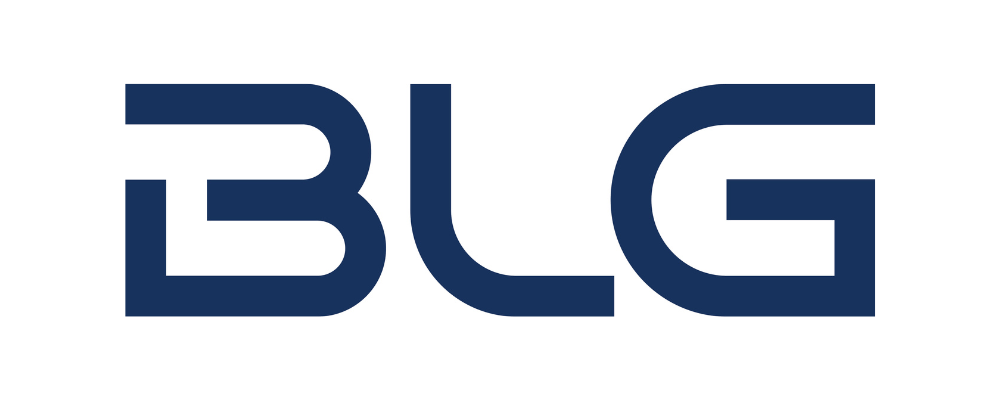Following an initial round of consultation held during the summer of 2024, the Competition Bureau (the Bureau) has published its proposed guidelines (the Proposed Guidelines) concerning environmental claims. The Bureau has launched a public consultation to solicit feedback from Canadians on the Proposed Guidelines – the deadline is February 28, 2025.
The Proposed Guidelines respond to recent amendments to the Competition Act, which added new explicit provisions targeting misleading environmental benefits claims (greenwashing). Visit BLG’s article on the new greenwashing provisions for more on this.
Set out in the Proposed Guidelines are 6 principles for compliance, which build on the Bureau’s Deceptive Marketing Practices Digest — Volume 7, as well as a set of “frequently asked questions” that provide insight to the Bureau’s enforcement approach to environmental claims.
Six principles for compliance
Principle 1 – Environmental claims should be truthful, and not false or misleading.
Principle 2 – Environmental benefits of product and performance claims should be adequately and properly tested.
Principle 3 – Comparative environmental claims should be specific about what is being compared.
Principle 4 – Environmental claims should avoid exaggeration.
Principle 5 – Environmental claims should be clear and specific – not vague.
Principle 6 – Environmental claims about the future should be supported by substantiation and a clear plan.
The Bureau’s approach to environmental claims
Although not binding, the Proposed Guidelines provide helpful clarity on the Bureau’s approach to enforcing the new greenwashing provisions, especially as they relate to the deceptive marketing provisions of the Competition Act, including that the Bureau:
- is focused on marketing and promotional representations made to the public, rather than representations made exclusively for a different purpose, such as to investors and shareholders in the context of securities filings;
- will likely consider a methodology to be “internationally recognized” if it is recognized in two or more countries;
- views the Competition Act as not necessarily requiring that a methodology be recognized by the governments of two or more countries;
- will not seek to hold anyone liable for a breach of the new greenwashing provisions before they came into force, i.e. they will not be retroactive;
- may still take enforcement action for greenwashing before the new provisions came into effect through the general deceptive marketing provisions under the Competition Act;
- expects to publish updated guidance with respect to private access to the Competition Tribunal (no time period is provided); and
- in applying the new greenwashing provisions, will assess not only the literal meaning of an environmental claim, but also the general impression that is conveyed to the public by the claim. This in turn requires considering all of the elements of an environmental claim, including the context, words, images and layout.
Key takeaways
While the Bureau’s Proposed Guidelines are helpful, businesses still need to think critically about how they meet consumer demand for environmental action, while not having their environmental claims used against them. Greenwashing claims against businesses are becoming increasingly sophisticated and prevalent. Even if a complaint does not result in a penalty, businesses can still face reputational risk and incur costs in responding to the complaint.
To learn more about how to manage your risk from allegations of greenwashing, please reach out to any of the authors or key contacts listed below.
By Borden Ladner Gervais LLP “BLG” >>
“As Canada’s law firm, BLG provides high-value advice and advocacy to address our clients’ business challenges and problems. We go beyond legal to anticipate, consult and advise in a rapidly changing digital world.
We have extensive experience acting in specialized and complex deals and disputes. Vigilant, curious and collaborative, we harness technology and innovation to offer our clients exceptional service and value.
With 800+ lawyers across Canada, we serve clients throughout North America, Europe, and Asia. Offering expertise in intellectual property, disputes and corporate transactional matters, our connectivity gives our clients the next-level service required to achieve success in complex and international matters.”
Please visit the firm link to site



